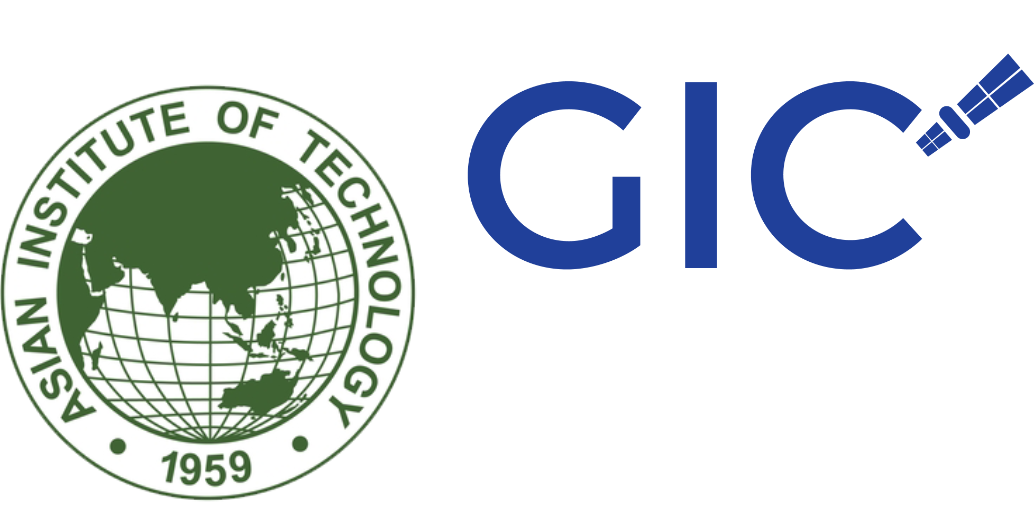
GIC partnered with the National University of Laos (NUOL) to spread awareness for Southeast Asia’s riverine plastic waste issue with an online workshop on August 27, 2021.
Seventy students from the NUOL attended the three-hour webinar. GIC staff introduced NUOL students to UNEP’s CounterMEASURE project and gave an overview of efforts going on in the region, including identification of potential problem areas for plastic waste and a deep learning-based approach to plastic waste hotspot identification.
Part of the deep learning process involves training the deep learning model to identify plastic waste. The process of annotation requires users to select instances of plastic waste in images, which are then used to train the deep learning model.
GIC developed an online platform called pLitter to carry out these annotation tasks. With pLitter, anyone can access GIC’s roadside image dataset to annotate plastic waste that appears in the environment. These annotations are then used to train deep learning models to identify plastic litter. When the model encounters other roadside images it will be able to automatically identify plastic waste in them.
